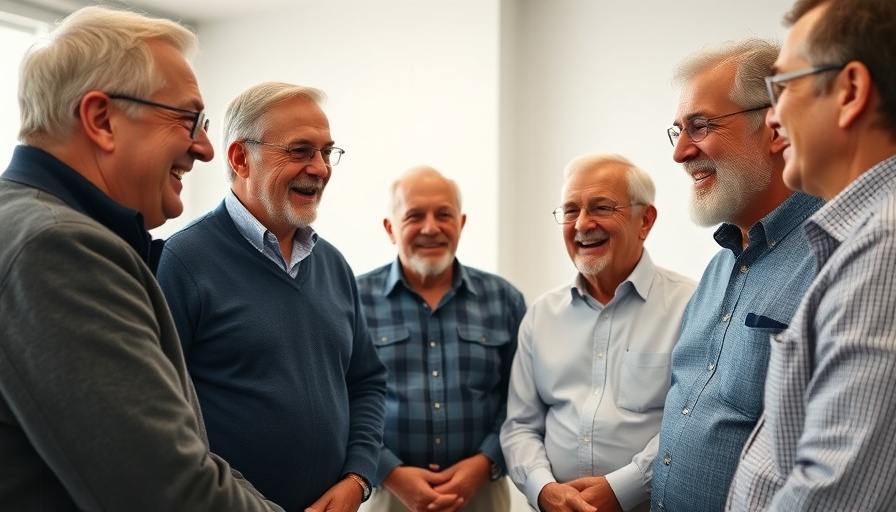
ANC and SACP: A Troubled Alliance Seeking Renewal
The South African Communist Party (SACP) and the African National Congress (ANC) have announced a strategic initiative to establish a joint alliance consensus mechanism aimed at rejuvenating their long-standing partnership. Following a pivotal meeting led by ANC President Cyril Ramaphosa and SACP General Secretary Solly Mapaila, the leaders acknowledged previous grievances that led to the SACP's decision to independently contest future elections. This joint effort is being viewed as a critical step to mend relations and fortify their electoral strategy, particularly in the wake of disappointing results in the latest national elections.
Historical Context of the Alliance
The partnership between the SACP and ANC has a storied history, rooted in the struggle against apartheid. Their collaborative framework, centered on the National Democratic Revolution (NDR), was designed to foster social and economic liberation for all South Africans. However, recent electoral setbacks, particularly the formation of the Government of National Unity after the May 2024 elections, have spurred calls for a reassessment of this alliance's efficacy. Leaders from both parties emphasized the urgent need for revitalization as they embark on what they hope will be a more united, transformation-focused movement.
Addressing Recent Electoral Challenges
Last year, concerns within the SACP regarding the ANC's approach to alliance dynamics prompted a decisive shift in their electoral strategy, with delegates resolving to contest the 2026 local government elections independently. This marked a significant departure from the traditional alliance strategy that aimed at presenting a united front against opposition parties like the Democratic Alliance and the Economic Freedom Fighters (EFF). The electoral loss highlighted a disconnect that seems to have spurred both parties into action, illustrating the dynamic and critical nature of their relationship.
Proposed Mechanisms for Democratic Engagement
The joint alliance consensus mechanism being proposed invokes the spirit of collaboration and shared purpose. It aims to create structured consultation processes that address pressing issues, including electoral strategies and policy development critical for both parties moving forward. Importantly, both parties intend to implement political council study sessions that will delve deep into economic policies, and social representation, and engage in dialogue about the revolution's next phase.
Public Response and Potential Outcomes
The alliance's reconfiguration plan has sparked varied responses from political analysts, with some emphasizing the potential risk of further fragmentation should either party stray from the reconfiguration's ideals. There are also concerns regarding public trust and how the parties' past actions may influence voter sentiment moving into the 2026 elections. Nonetheless, as both SACP and ANC leaders stress the significance of equality, transparency, and accountability in this renewed vision, they hope to win back the confidence of their constituents.
Future Predictions: A Milestone for South African Politics?
As South Africa navigates persistent challenges, from economic recovery to addressing unemployment and corruption, the revived alliance stands as a potential beacon of hope for implementing effective governance. If both parties successfully adapt their strategies to meet modern electoral demands without compromising their foundational ideals, they may emerge stronger, setting a precedent for collaboration within the broader political landscape. The joint initiative thus represents not only a crucial moment for the ANC and SACP, but for South Africa’s political future.
In summary, the ANC and SACP’s efforts to rejuvenate their partnership and their underlying commitment to addressing the needs of the South African populace will be keenly observed by stakeholders and voters alike. It underscores the importance of adaptability and unity in politics, which remains paramount in light of the multiple challenges facing the nation.
 Add Row
Add Row  Add
Add 




Write A Comment